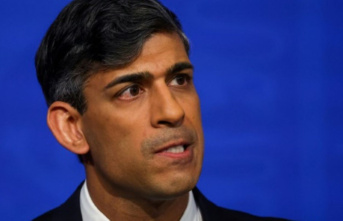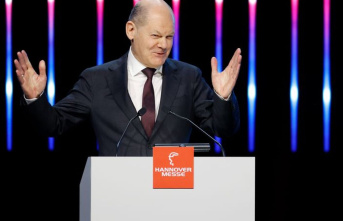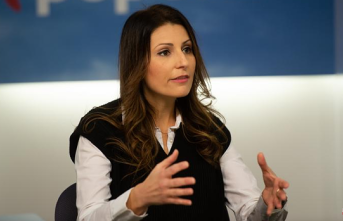Below is the transcript of an interview with Walter Koroshetz (co-chair of the National Institutes of Health’s long COVID Initiative), which aired Sunday, June 5, 2022 on Face the Nation.
MARGARET BRENNAN : Now we go to Dr. Walter Koroshetz at the National Institute of Neurological Disorders and Stroke. He is also co-chair of NIH's COVID Initiative, and joins us at the NIH campus near Bethesda. COVID survivors often experience some sort of symptom for several weeks or even months. How can we tell if this is COVID-related and not due to something else?
DR. WALTER KOROSHTZ: Due to the large number of people affected, and the fact the symptoms often persist even after the infection has passed. This temporal relationship is what really proves causality. However, there are some peculiar features. Sometimes people feel better, but then they get the symptoms back. These symptoms are not always as clear.
MARGARET BRENNAN : What are the symptoms? There are many symptoms, from brain fog to difficulty in getting your lung capacity back. Senator Tim Kaine described feeling like he had Alka Seltzer bubbles on the skin. What are the symptoms of COVID for long?
DR. WALTER WALTER KOROSHETZ : The difficulty lies in the heterogeneity and variety of symptoms. It is not common, but there are certain characteristics that I believe make it so. It's not uncommon for people to have more than one symptom. They fall into one of several categories. There are also neurologic problems, such as trouble concentrating, sleeping, peripheral nerve trouble, and the feeling of bubbling under your skin. People with pulmonary problems may experience a persistent sense of shortness and a wheezing. People with cardiovascular problems may have difficulty with exercise tolerance. Most people with fatigue have some form of it. You may also have digestive tract problems. People can also have digestive tract problems. The research you're doing is funded by about a billion dollars. What has that study revealed? When will the results be released to the public?
DR. WALTER WOROSHETZ. We currently have around 4000 people enrolled. This makes it the largest post-COVID study. We are currently collecting data about the symptoms. We are trying to find out the biology behind this problem. This isn't a new problem. There have been other infections that caused similar symptoms in people. This is something we have never been able solve. We have the chance to dig deep and try to understand the biologic recovery process in people who aren't making a good recovery.
MARGARET BRENNAN According to the CDC, COVID survivors are twice as likely to develop pulmonary embolisms or other respiratory conditions. One in five COVID patients may have a condition that could be caused by COVID. Do these things match what you're seeing? DR. WALTER KOROSHETZ - I believe so. This is a major problem for the country moving forward. We don't know how long this will last. We don't know the long-term effects of COVID on our- our country's health. There is a higher chance of developing diabetes as a result of COVID. We don't have any information about dementia, heart disease, and all other natural diseases. However, that is part of the problem we need to solve.
MARGARET BRENNAN - How come we are already two years into the pandemic, and yet we know so little about it? Do we even know that there is a treatment for COVID long term?
DR. WALTER KOROSHETZ - We don't know what causes it biologically so we can't offer a miracle cure or quick fix. To find the holy grail of cures, we must first understand what's wrong with the body. We have never been able find the cause of other infections in the past. People with post-infectious mononucleosis and people with post Lyme have been experiencing the same symptoms. There's a condition called Myalgic Encephalomyelitis/Chronic Fatigue Syndrome, that looks almost identical to what we're seeing. These conditions have been around for decades but we have never been able find a cure. People should still have hope. We've found that people with COVID are improving even months later. It's a combination of treating the symptoms and the underlying biology. These are the main avenues that we're pursuing.
MARGARET BRENAN: If someone is listening to you and thinks they may have COVID for a long time, what advice would you give them?
DR. WALTER KOROSHETZ - Being open with your doctor and telling him your problems is the first step. Don't be afraid to ask questions. This condition is not new. This is the post-COVID condition. It's now a common condition that is being used in general medicine.
MARGARET BRENAN: Thank you, Doctor. We will monitor it and know that the pandemic's effects will continue to affect us in many ways.
DR. WALTER KOROSHETZ : Thank you, MARGARET. Yes.
MARGARET BRENNAN : We'll be right back.












